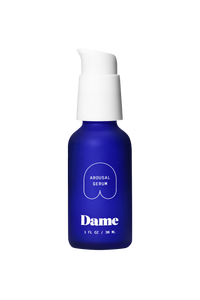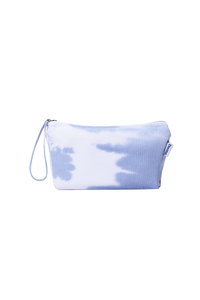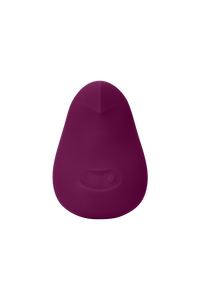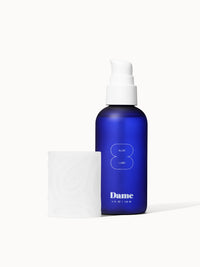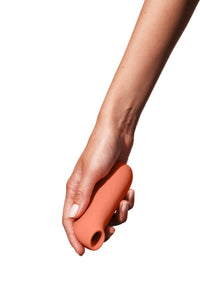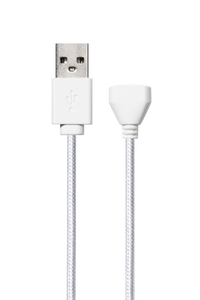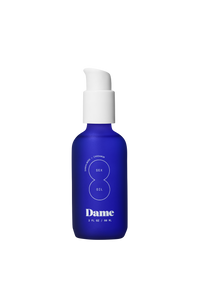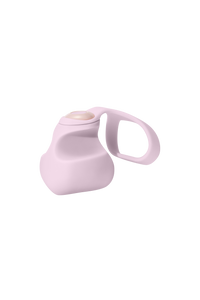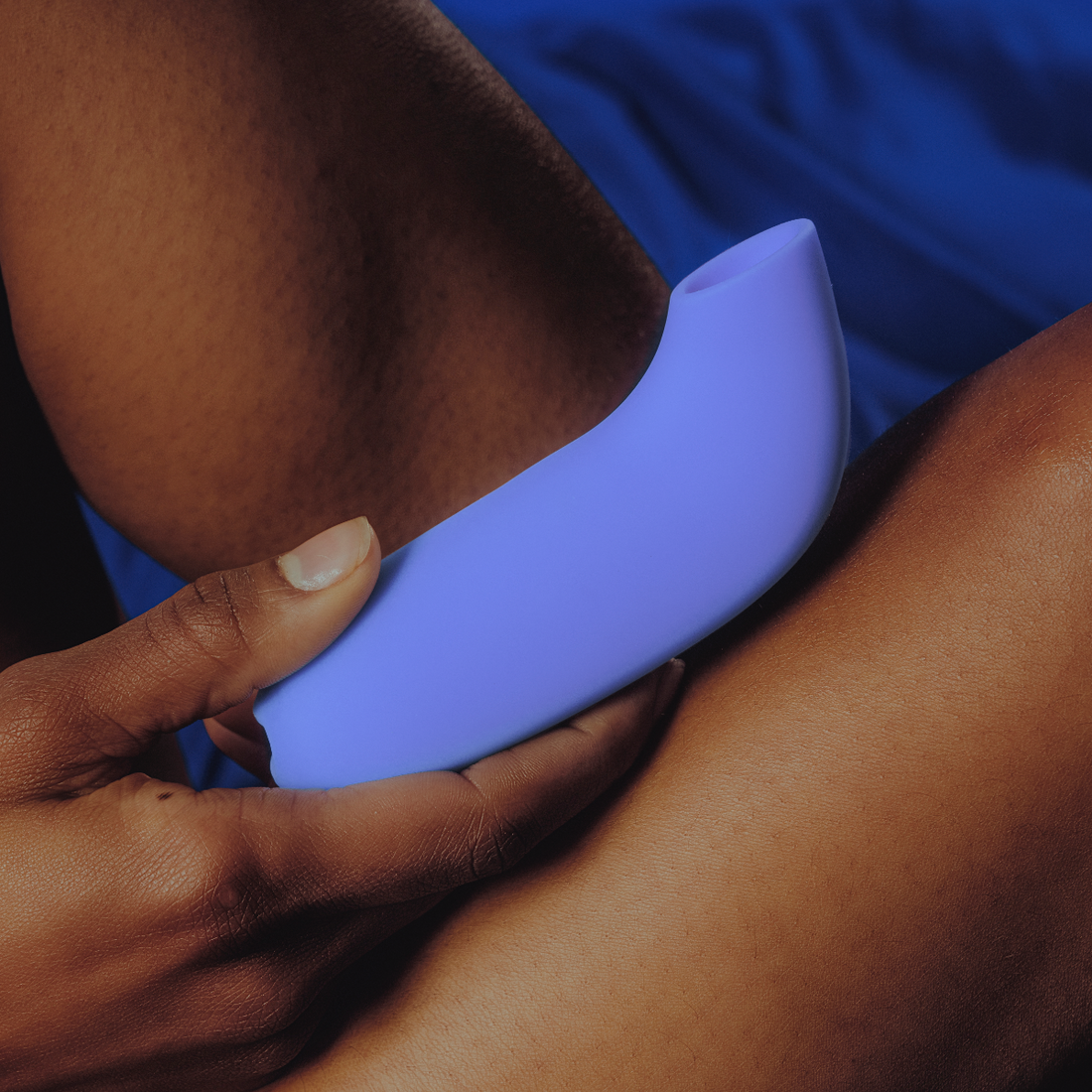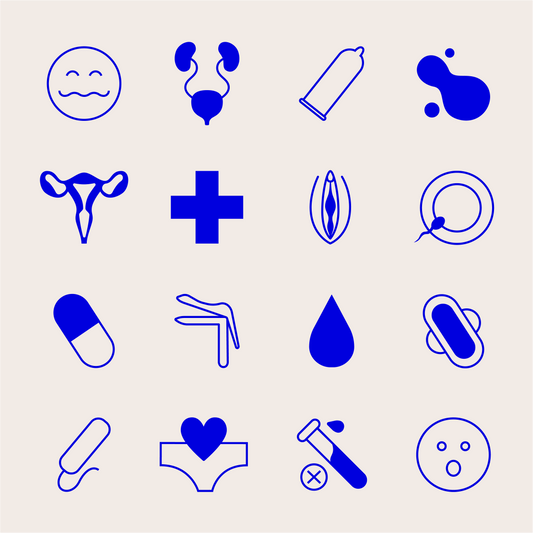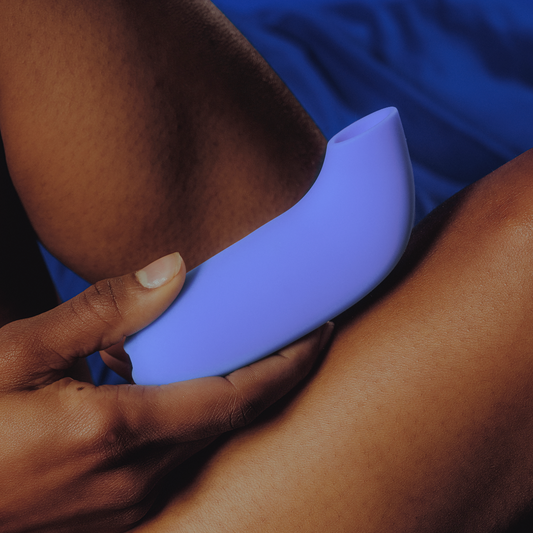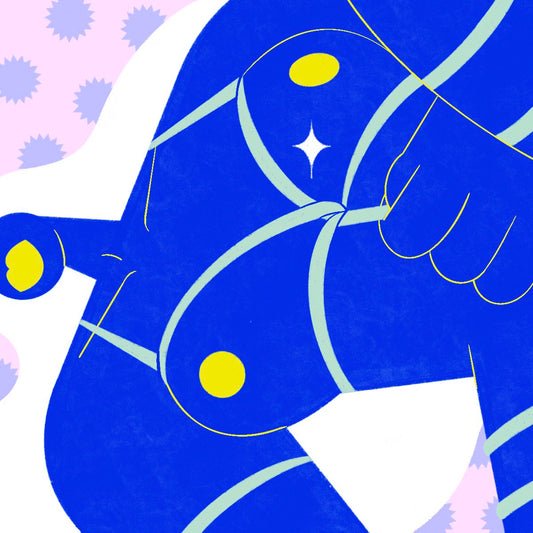Have you experienced that “uh-oh” moment when you really have to pee but basically nothing comes out when you go? Or it does come out—along with a sharp pain? Behold the terror of a urinary tract infection.
It’s no fun! But despite the fact that UTIs are the
second most common infection in the United States — and fully half of people with vulvas
will have at least one in their lifetime — we’re still not totally sure why some people get them and others don’t. Unfortunately, that means we’re also not sure how to prevent them or even how to manage them when someone gets one.
Luckily, there is one treatment that we know can wipe out a urinary tract infection: antibiotics.
Antibiotics are the go-to medical solution for UTIs, and for good reason. For many years, they’ve been effective at treating infections and clearing up symptoms quickly. However, a 2019 expose in
The New York Times found that over-prescribing antibiotics has led to
a frightening increase in antibiotic-resistant UTIs.
While best practice is to test for the specific strain of the infection so that the correct medication can be prescribed, the results can take several days to come back. Patients in the throes of a full-on infection want relief — and of course doctors want to give it to them. But, as a result, doctors may prescribe ineffective antibiotics while they wait for the lab results, which increases the risk of developing a resistance.
So it makes sense that the medical community would search for alternatives. So far, though, it’s been an uphill battle.
Jenna Ryan, founder and CEO of the urinary tract health company
Uqora, has some theories about why we’re still struggling to prevent and treat UTIs, outside of prescribing antibiotics. She points to a 2017 study in which researchers introduced bacteria taken from the urinary tracts of human women suffering from UTIs
into the urinary tracts of mice. Despite being exposed to the same bacteria,
the mice had very different reactions. Some had full-blown infections. Some had minor symptoms. And some had no symptoms at all.
Water is always fresher and cleaner if it keeps flowing rather than sitting in the same place (like your bladder).
Ryan acknowledges that this was just one study, but thinks it points to the idea that the causes of UTIs seem to differ from person to person. She hopes that further research bears out her theory that different bodies just react differently to the same bacteria. Uqora is teaming up with San Francisco-based researchers to
do their own clinical trials into the subject.
In fact, there’s no shortage of research into the causes and treatments of UTIs. But
it’s kind of all over the place, and the only throughline is that the studies contradict each other. As a result, it’s hard to say
this will work and
this will not, but we can draw some educated conclusions. Since only antibiotics have conclusively been shown to cure UTIs (although some people do clear the infections on their own — it just might take a little longer), here are six preventative measures you can take to ward off a UTI in the first place, all backed up by at least
some science, if not 100 percent agreed upon.
Good hygiene
One of the first preventive things a person can do is practice good hygiene. And that starts with what
Dr. Sherry A. Ross, MD, women’s health expert and author of
she-ology. The Definitive Guide to Women’s Intimate Health. Period., calls “the no-brainers.”
“Always remember to wipe ‘front to back’ to avoid bringing unwanted bacteria from the anus to the vaginal area,” Dr. Sherry says. “And wear underwear with a cotton crotch.”
Additionally, be cautious about the soap you use on your vulva. The vulva has a delicate pH balance and upsetting that balance can allow unwanted bacteria to thrive. Best practice is to use an unscented, natural soap — some doctors even recommend using water only — and
never douche or use feminine sprays.
Staying hydrated
“Drink lots of water to help keep urine and any unwanted bacteria moving out of your body quickly,” Dr. Sherry says. Some use the “stagnant pond” metaphor: Water is always fresher and cleaner if it keeps flowing rather than sitting in the same place (like your bladder). “Current rule of thumb is to drink half an ounce for every pound you weigh, every day, spread throughout the day,” she says. “So, if you’re 130 pounds, that means 65 ounces daily.”
Cranberry and vitamin C supplements
Despite some
contradictory research, cranberry supplements have been shown to help a lot of people prevent UTIs. Dr. Sherry says that’s because cranberries make urine more acidic, which makes it more difficult for harmful bacteria to stick to the wall of the bladder.
However, “cranberries and their helpful properties are a means of prevention, not treatment,” Dr. Sherry says. “Cranberries are not a dependable treatment option for any of the symptoms associated with a UTI.”
You know that old adage about peeing after sex to prevent a UTI? Yeah, you should definitely keep doing that.
According to Johns Hopkins Medicine,
vitamin C has the same acidifying effect as cranberry juice. In fact, some researchers think that it’s actually the vitamin C in cranberry juice that acts as a preventive. Either way, it won’t hurt to take one, the other, or even both. Unless, of course, you already have a UTI, in which case adding acid to your urine might worsen your discomfort.
D-mannose powder
D-mannose is an ingredient that Ryan is excited about. Initial research suggests that it acts as a “competitive inhibitor” with e-coli, the bacteria that causes the vast majority of UTIs. That means it keeps it from attaching to the wall of the urinary tract.
“D-mannose is a simple sugar found in many fruits, and also occurs naturally, in some cells in the body,” Dr. Sherry says. “It’s been shown to prevent or treat UTIs and is available as an oral supplement.”
However, not everyone shares Ryan and Dr. Sherry’s enthusiasm for d-mannose. While
early research is encouraging, some doctors
aren’t quite convinced that this is the silver bullet. Like so many of the solutions on this list, more research is definitely needed to give a conclusive answer on this one.
Peeing after sex
You know that old adage about peeing after sex to prevent a UTI? Yeah, you should definitely keep doing that.
“It’s not completely understood why emptying your bladder after sex helps reduce the risk of a UTI,” Dr. Sherry says, but one theory is that “so the unwanted bacteria won’t enjoy a new place to hang around and cause problems. Symptoms of a UTI can develop within 24 hours of having intercourse if bacteria ends up where it shouldn’t be.”
Probiotics
Initial research suggests that certain probiotics — very specific strains, not just any old ones —
can help prevent UTIs. This is another area where the research is encouraging, but not definitive.
“Probiotics made specifically for the vagina are thought to help decrease the number of unhealthy bacteria in the vagina and restore and balance the good bacteria,” Dr. Sherry says. “Probiotics make sure the vagina is loaded with healthy bacteria that’s thought to help decrease the risk of a UTI and other vaginal infections.” That said, some doctors are skeptical about probiotics’ effectiveness. But, like cranberry pills and d-mannose, probiotics can’t hurt (though loading up on expensive supplements
can hurt your budget).
While it’s fair to say that everyone would love to have a one-size-fits-all solution to both preventing and curing UTIs, we can only work with what we’ve got. And what we’ve got so far is a bunch of different solutions that are likely going to work for some people and not for others. If you’re suffering from recurring UTIs, first make an appointment with your doctor. And then? Get started on this checklist!

